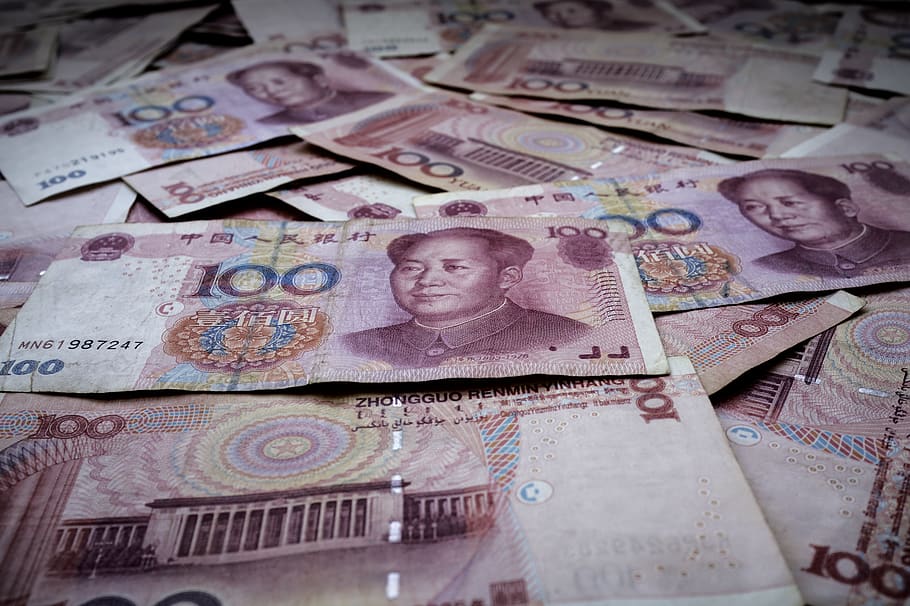Chinese Yuan Surpasses US Dollar in Cross-Border Transactions Within China for the First Time

Lede: The Chinese yuan in March surpassed the U.S. dollar in usage for cross-border transactions within China for the first time, reflecting Beijing's ongoing efforts to internationalize its currency.
What we know:
- The yuan's share of China's cross-border payments and receipts reached a record high of 48% at the end of March, up from almost zero in 2010, according to Bloomberg Intelligence research based on data from the State Administration of Foreign Exchange (SAFE). SAFE is a Chinese government agency responsible for drafting rules and regulations governing foreign exchange market activities and managing China's foreign exchange reserves.
- In contrast, the dollar's share decreased to 47% from 83% over the same period.
- This data takes into account various transaction types, including the trading of mainland China stocks listed on the Hong Kong stock exchange and Chinese investors buying Hong Kong company stocks.
- The yuan's share of global payments remained relatively stable at 2.3% in March, per SWIFT data. In comparison, the US dollar's share stood at around 40%.
The Background: China has been actively promoting the use of the yuan for cross-border trade settlements in a bid to internationalize its currency. The increase in yuan usage may be a result of China's progressive opening of its capital account, which refers to the flow of funds for investments in and out of the country. This has led to growing inflows into Chinese bonds and outflows into Hong Kong stocks, according to Stephen Chiu, Chief Asia Foreign-Exchange and Rates Strategist at BI. In an effort to boost foreign trade, China's State Council recently released guidelines to further expand yuan settlement in cross-border transactions.
Likely Outcomes:
- The growing share of yuan usage in cross-border transactions may help local businesses mitigate currency mismatch risks.
- While the yuan's internationalization is accelerating, it remains far from challenging the U.S. dollar's dominance, and its global payment share might stay relatively small, as noted by Chris Leung, an economist at DBS Bank, in an interview with Bloomberg. DBS Bank is headquartered in Indonesia.
- The ongoing Russia-Ukraine war has accelerated efforts to create a rival to the petrodollar, with China and Russia stepping up their collaboration to promote the use of the yuan in global trade, particularly for oil transactions. This development has the potential to further fuel the internationalization of the yuan and challenge the U.S. dollar's dominance.
Quotables:
- "Yuan internationalization is speeding up as other countries seek an alternative payment currency to diversify risks and as the credibility of the Federal Reserve is not as good as before." – Chris Leung, economist at DBS Bank.
- "The rise in yuan usage could be a natural consequence of China opening up its capital account, with rising inflows for China bonds and outflows for Hong Kong stocks." – Stephen Chiu, chief Asia foreign-exchange and rates strategist at BI.
Good Reads:
Yuan Overtakes Dollar to Become Most-Used Currency in China's Cross-Border Transactions (U.S. News)
Yuan Overtakes Dollar as China’s Most Used Cross-Border Currency (Bloomberg)
Russia and China Step Up Effort to Challenge Dollar with the Yuan (The China Paper)
